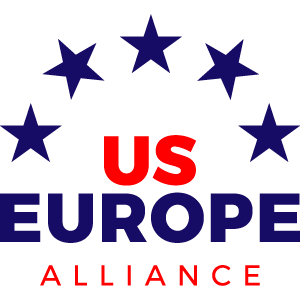“Across the world… energy choice will strengthen energy security… economic security…and national security. And along with energy choice…the United States supports competitive markets… the rule of law… and the sanctity of contracts. We uphold the transparency of energy deals…and oppose using energy to coerce any nation.”
– Former Energy Secretary Rick Perry on the Partnership for Transatlantic Energy Cooperation
In recent years, enormous shifts have occurred across the global energy landscape. In 2019, the U.S. became the world’s leading exporter of oil and gas. Parallel to this development is an increasing consensus among the European Union’s leading economic powers to achieve unprecedented reductions in carbon emissions from hydrocarbon use in the coming decades. These developments are not incongruous. Rather, with significant advancements in liquified natural gas (LNG) and renewable energy resources, and emission reduction technology, Europe and the U.S. are well poised to realize initiatives for our mutual benefit, e.g. the Three Seas Initiative.
The pursuit of greater European energy security is another space for greater cooperation. Under Vladimir Putin’s rule, Russia use of its natural gas and oil resources as means of political coercion are now widely recognized. In response, the EU in the last decade made resource diversification a key pillar of its greater energy security strategy. With the ongoing construction of LNG-purposed ports on the Adriatic and the Baltic, the U.S. and other transatlantic partners such as Australia stand at the ready as reliable suppliers during Europe’s diversification from Russian gas, but also through the Continent’s gradual transition away from coal and oil & petroleum products.
From greater energy independence to a cleaner environment, USEA champions and supports private and public initiatives designed to sensibly and progressively reach our common energy concerns.
